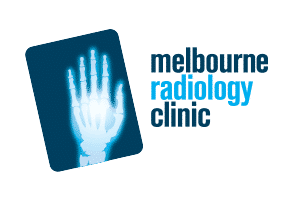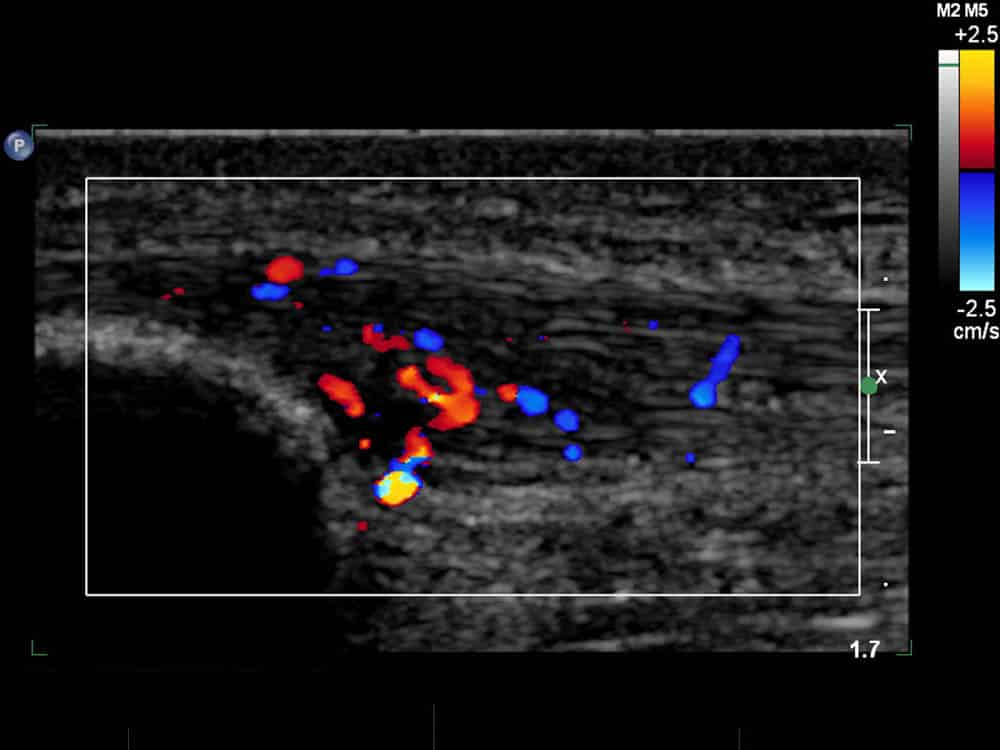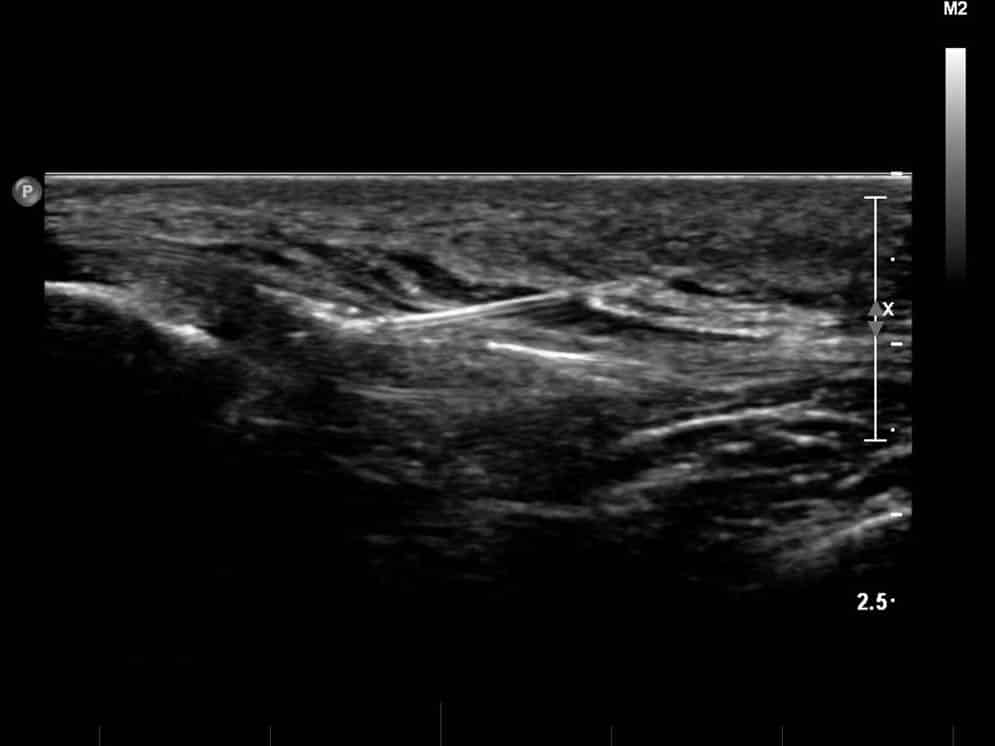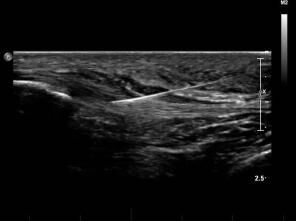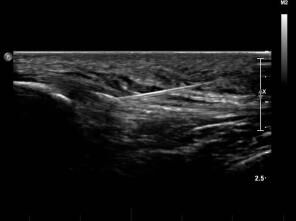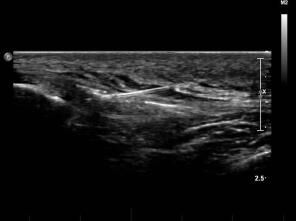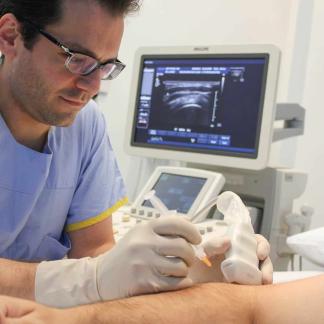Sclerosant is a medication typically used for the treatment of varicose veins, as it scleroses (scars) the veins and thus rids the patient of their pain and cosmetic issue of enlarged veins.
Besides treating varicose veins, sclerosant injections have also been used in the treatment of tendinosis (commonly referred to as “tendinitis”), as well as surrounding tendon inflammation, known as tenosynovitis. Though not well understood, in an attempt to heal the body of the tendinosis, new blood vessels and nerves grow into a diseased tendon, producing pain. Targeting these new blood vessels and nerves with sclerosant often results in relief of symptoms.
For patients who have undergone sclerosant tendon injections, an ultrasound follow-up usually shows an improvement of symptoms resulting from a drop in blood flow to the affected area, and a more normal tendon appearance.
Treatment for tendon pain.
At Melbourne Radiology Clinic, we routinely treat tendon pain using sclerosant injections as a secondary method. Autologous blood (ABI) or platelet rich plasma (PRP) injections using the patient’s own blood products are another method that can be used to treat tendon conditions that are painful.
Ultrasound-guided procedure.
Ultrasound guidance is needed to safely and accurately perform sclerosant injections in order to ensure the medication is delivered to the areas that need to be treated.
Patients will first require an MRI or ultrasound scan to confirm that the tendon is the source of their pain.
Tendinosis Treatment: Sclerotherapy in Melbourne.
If you require sclerotherapy injections to treat tendon pain, our team at Melbourne Radiology Clinic can help. We accept referral requests from all over Melbourne, even if it is supplied by another radiology provider.
You can schedule an appointment for a tendon or varicose veins sclerotherapy in Melbourne by calling us at (03) 9667 1667, sending an email to info@melbourneradiology.com.au along with your referral, or filling in our online booking form. We are also available to answer any of your queries about our various treatment and radiology services.
Image gallery
sclerosant injection sequence.
References:
- Rabago D, Best TM, Zgierska A, Zeisig E, Ryan M, Crane D. A systematic review of four injection therapies for lateral epicondylosis: prolotherapy, polidocanol, whole blood and platelet rich plasma. Br J Sports Med Jan 21, 2009 [Epub ahead of print]
- Knobloch K. Sclerosing polidocanol injections in Achilles tendinopathy in high level athletes. Knee Surg Sports Traumatol Arthrosc 16(11):1061-2, 2008
- Alfredson H, Harstad H, Haugen S, Ohberg L. Sclerosing polidocanol injections to treat chronic painful shoulder impingement syndrome-results of a two-centre collaborative pilot study. Knee Surg Sports Traumatol Arthrosc 14(12):1321-6, 2006
- Hoksrud A, Ohberg L, Alfredson H, Bahr R. Ultrasound-guided sclerosis of neovessels in painful chronic patellar tendinopathy: a randomized controlled trial. Am J Sports Med 34(11):1738-46, 2006
Further Information.
Referring doctors are welcome to discuss with our radiologists the imaging and interventional radiology needs of their patients and whether a sclerosant injection is suitable for their patient’s medical condition.
